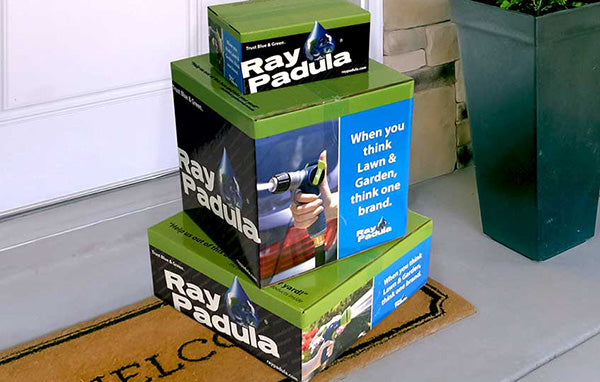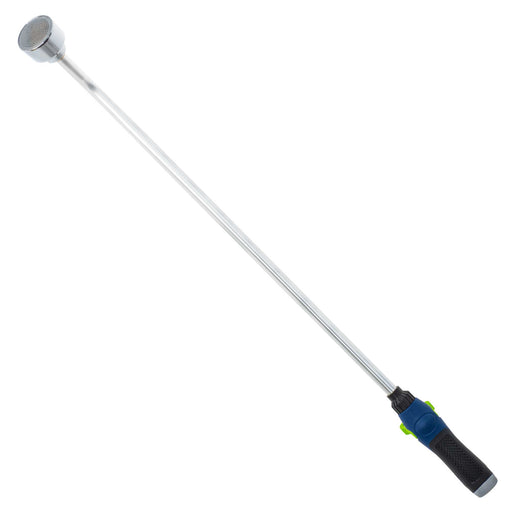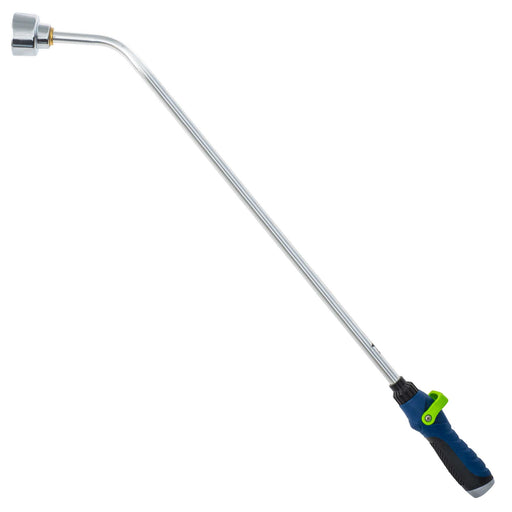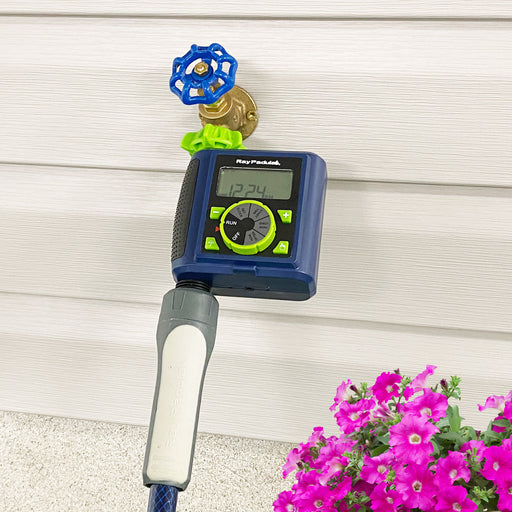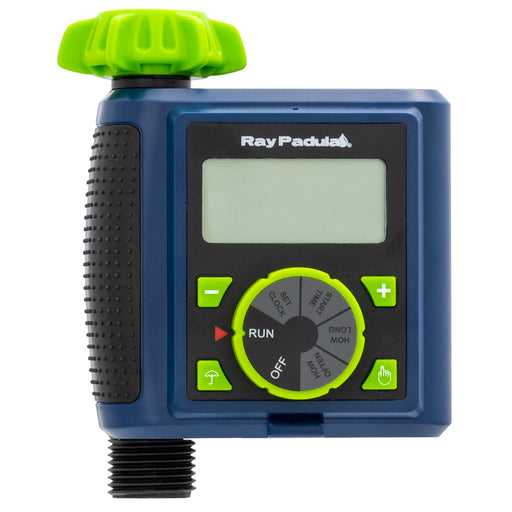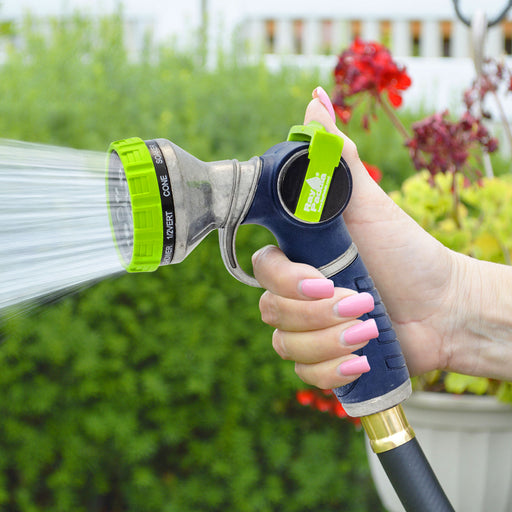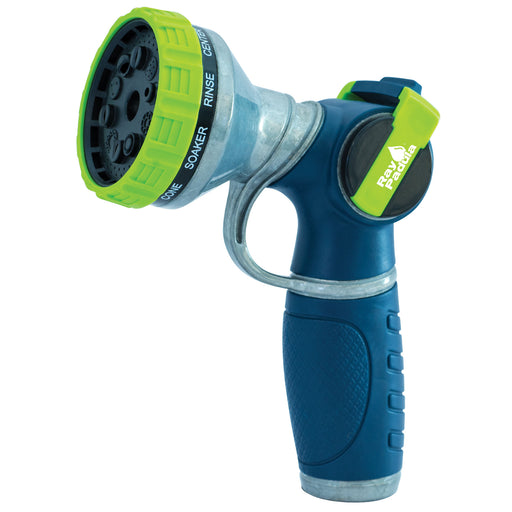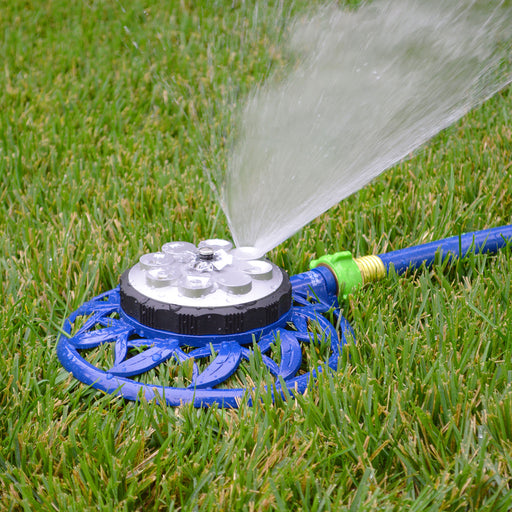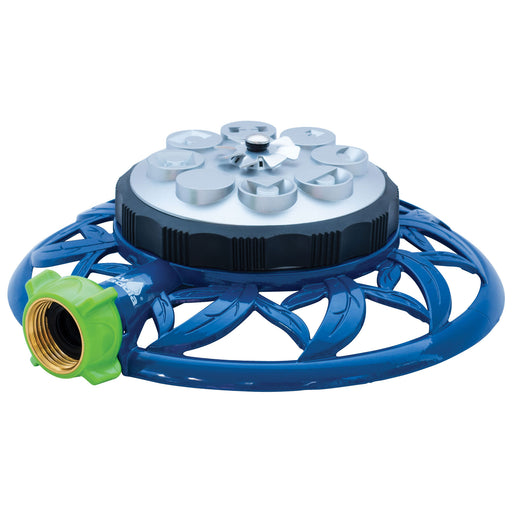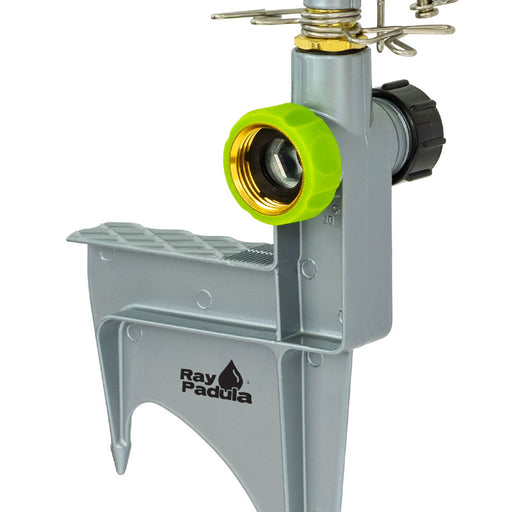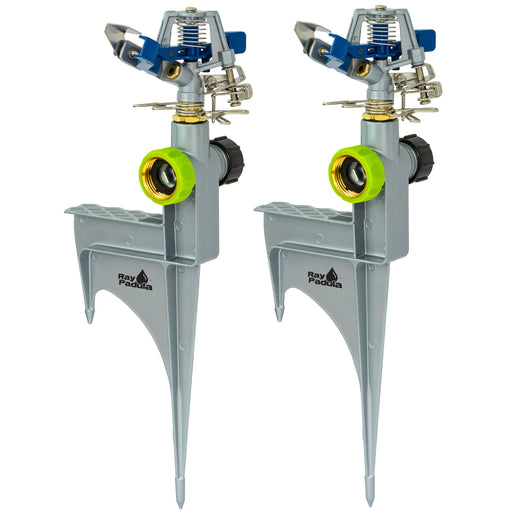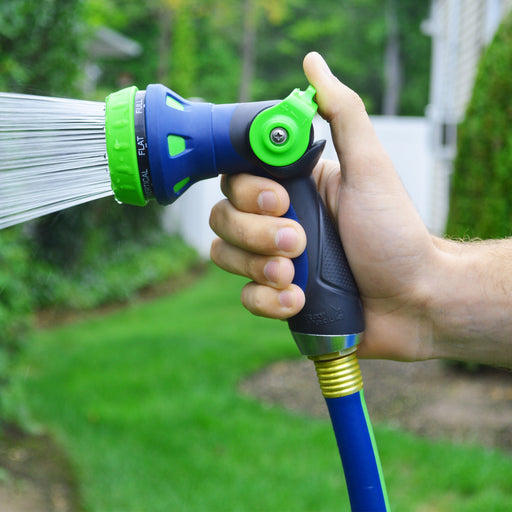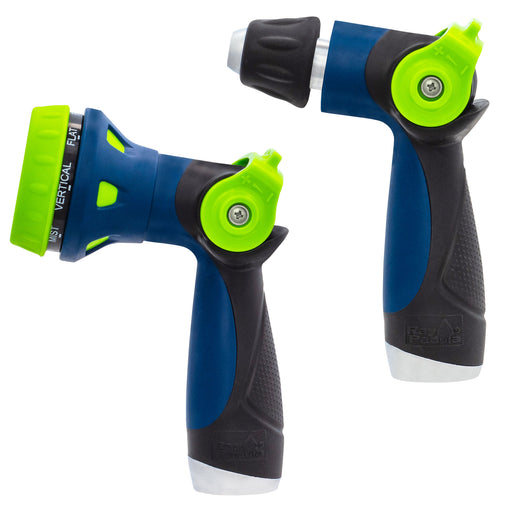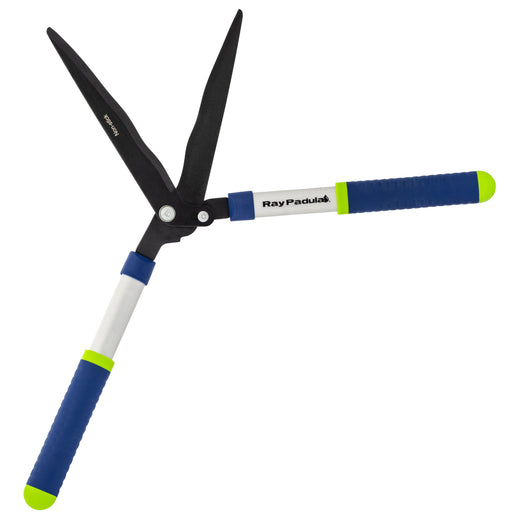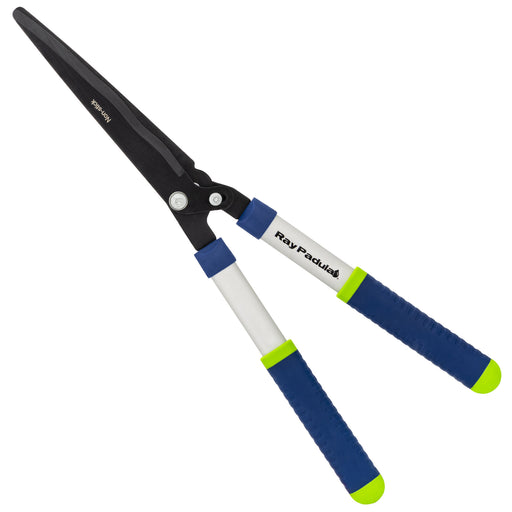
Ready to get your hands dirty? Growing your own vegetable garden is a rewarding hobby that gives you access to fresh veggies all season long! Store bought lettuce and tomatoes cannot compete with what you can, pretty easily, grow yourself. Best of all, homegrown herbs are far less expensive than what you'll find stocked at your local grocery store. Dig into these tips to grow your first vegetable garden.
Getting Started and Choosing Veggies
When selecting the vegetables you want to grow, there are a few things to consider:
Grow what you like to eat: Plant what you will enjoy eating, what you can freeze for later, or give away to neighbors, friends, and family.
Plant what grows best where you live: Region and weather are two big factors to consider and every region has its own planting schedule. Be sure to research what will grow best in your area.
Seeds vs. Transplants: Decide if you want to start your veggies from seed or buy young plants from a nursery. Seeds, like squash and beets should be started indoors six weeks before the final frost where you live. Young plants, such as beans and carrots can be sown into the garden directly.
Use the space you have: Tiny patios, backyards, and raised beds all make good homes for a vegetable garden. Work with the space you have, no matter how big or small.
Let the Sun Shine
The key to a successful vegetable garden is its location. Choose a site for your vegetable garden that gets lots of sun and that's free from sunlight blockages such as fences, tall trees, and shrubs. While some vegetables tolerate the shade, including lettuce, kale, chard, and spinach, most fast-growing vegetable need six to eight hours of direct sunlight per day. For maximum sun exposure, orient your garden from north to south.

Garden Layout 101
Whether you're working with lots of space, or a little, there's a garden layout that can work for you.
Container gardening: Wooden planter boxes and self-watering containers can be used to grow vegetables. Container gardening is a viable option for people who are working on their green thumbs or have limited space for a traditional garden.
Intensive cropping: This method works for most vegetables, excluding types that grow on vines, and utilizes a garden bed. Intensive cropping is regarded as the most effective and efficient method for growing vegetables.
Row cropping: A great option for large gardens, row cropping gives you plenty of space to tend to your garden while growing lots of veggies.
Testing Your Soil
Every garden needs ideal soil conditions to thrive. Healthy, rich soil drains well and is easy to dig. If you don't have a soil testing kit on-hand, use a garden hose and nozzle to soak your soil. After 24 hours, dig up a handful of soil and do your own test.
Squeeze the soil in your hand. If water streams out, you will need to improve your drainage. For an easy fix, add organic matter or compost.
If you squeeze the soil and it forms a cake-like ball that breaks into crumbs, your soil is in ideal condition.
If your soil does not form a ball or falls apart, it is likely too sandy. Raised beds will be your best bet!

Water Wisely
Sunlight, soil, and water are the three main ingredients for a healthy garden. Too much water, or too little water, could make the difference between healthy veggies and crispy, dried plants.
Frequently water seeds and seedlings to keep plants growing and strong.
Heavily water established veggies every few days, or more depending on the weather conditions in your area.
Factor in local weather conditions to determine how often, and how much you need to water.
Invest in a quality hose nozzle, garden hose, and watering wand, like those in the Ray Padula line-up for easy watering of your vegetables all season long. Depending on the size of your garden, investing in a sprinkler and automatic hose timer will allow you to automatically water your veggies. Consider taller sprinklers, like a whirling sprinkler or a sprinkler on a tripod for taller vegetable gardens. A soaker hose can also be used to water slowly right to the roots of your plants.
Vegetable Garden Care
Routine maintenance, like watering and weeding are essential. But, controlling pests, fertilizing and fighting disease are crucial, too.
Fertilizer: Fertilizing your garden can help maximize your harvest. Bagged vegetable fertilizer, or high-quality compost can do the trick.
Pest control: Tiny bugs and garden pests like rabbits and deer can wreak havoc on your vegetable garden. There are many repellents available at your local garden center and nursery that are designed to keep such pests out of your garden. There are also many organic options that are equally effective. To keep out larger pests like squirrels, cats, and your pets, it may be wise to install fencing around the perimeter of your garden.
Fight fungus: The best method to keep fungal disease far from your plants is to water the soil, and not the leaves. A Ray Padula soaker hose is an excellent tool to accomplish this effectively. Be sure to water in the early morning hours, and never water late at night. Wet leaves over night can lead to an increase of disease and fungus. Additionally, you can opt to plant disease-resistant vegetable varieties for a plant disease and fungus-free garden.
Vegetable gardening is a rewarding, and tasty hobby! Starting your very own vegetable garden this season, is a great way to become an expert gardener, while growing your own harvest.
Legal Disclosure:
This post is provided for informational, educational purposes only. This information is intended to provide general guidelines. Because tools, products, materials, techniques, and local codes are constantly changing, Ray Padula Holdings assumes no responsibility for the accuracy of the information contained herein and disclaims any liability for the omissions, errors, or outcomes of any projects or tasks completed. It is the responsibility of the reader to ensure compliance with all local laws, rules, codes, and regulations for any projects completed. If there are any questions or doubts regarding any elements of any information provided, consult a local, licensed professional.


